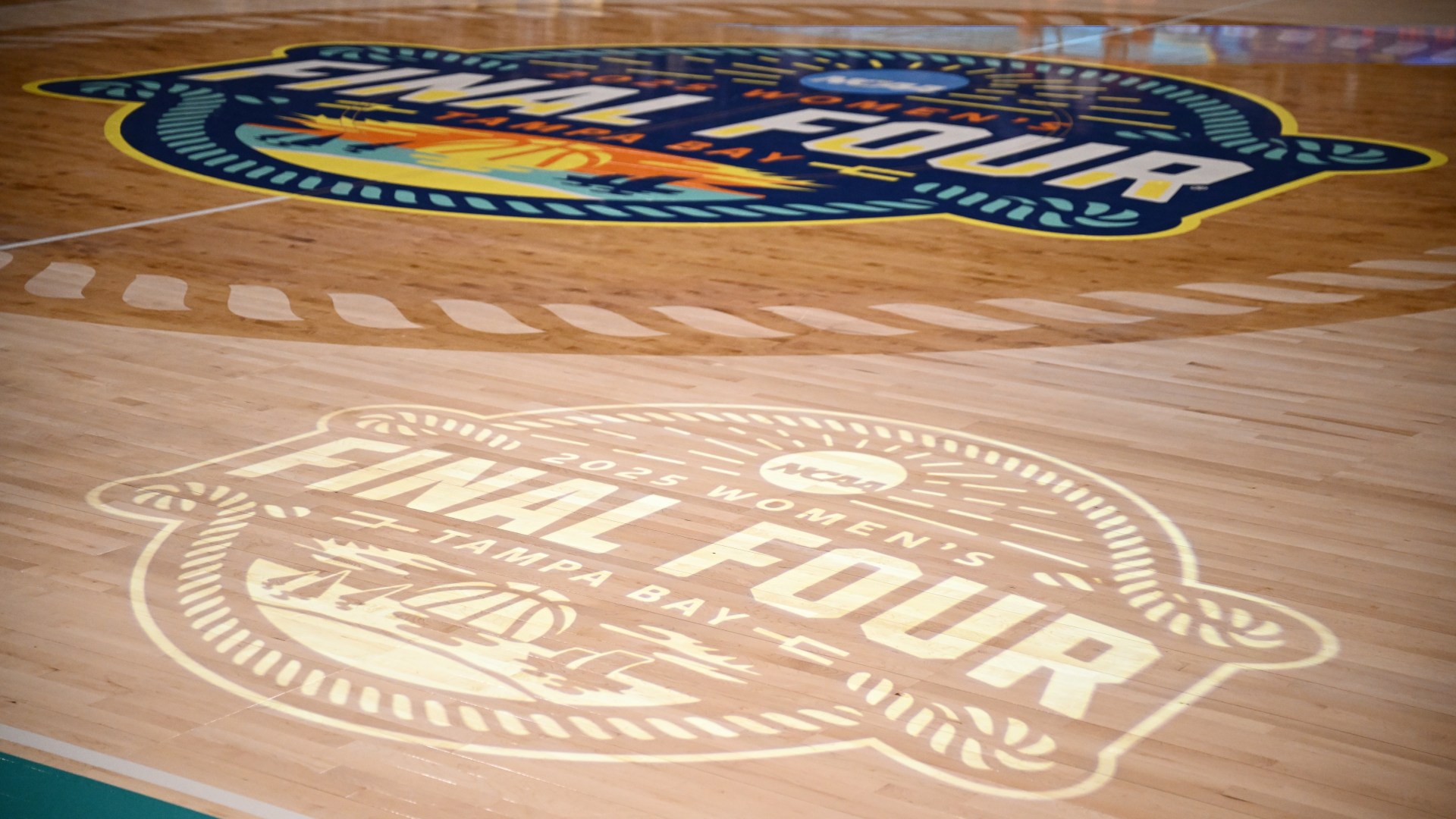Primetime Snub? NCAA Women's Final Sparks Outrage and Conversation
The 2023 NCAA Women's Final Four, a showcase of incredible athleticism and fierce competition, concluded with a thrilling victory for LSU. However, the tournament's placement on a less-than-primetime slot on network television has ignited a firestorm of debate, raising questions about equality and the value placed on women's sports. The disparity between the men's and women's broadcasts has reignited the conversation surrounding gender equity in college athletics.
A Primetime Absence, A Missed Opportunity?
Unlike the men's NCAA tournament, which consistently commands primetime slots and draws massive viewership, the women's final aired on a Sunday afternoon. While the game itself delivered thrilling moments and high ratings, many argue that a primetime slot would have significantly broadened the audience and showcased the athletes' talents to a far wider demographic. This perceived slight hasn't gone unnoticed, sparking outrage and widespread discussion on social media and across news outlets.
- The Ratings Argument: While the women's final did achieve impressive ratings, critics argue that a primetime slot would have significantly boosted viewership numbers, potentially setting new records and further cementing the popularity of women's college basketball.
- The Visibility Issue: Placing the game in a less prominent timeslot limits its visibility and potential reach, impacting sponsorship opportunities and overall investment in women's sports.
- The Equity Debate: The stark contrast in scheduling between the men's and women's tournaments highlights a persistent inequality in the treatment and promotion of women's sports. This has fueled conversations about systemic biases and the need for greater equity in resource allocation and media coverage.
Beyond the Broadcast: A Deeper Look at Gender Equity in College Sports
The primetime snub controversy is just the tip of the iceberg. It underscores a broader issue: the ongoing fight for gender equality in college athletics. While progress has been made, significant disparities remain in areas such as:
- Funding: Women's athletic programs often receive significantly less funding than their male counterparts, impacting facilities, coaching staffs, and overall resources.
- Media Coverage: The media attention given to women's sports is often disproportionately less than that given to men's sports, limiting their visibility and potential sponsorship opportunities.
- Scholarship Opportunities: While Title IX has made strides, ensuring equitable scholarship opportunities remains a crucial ongoing battle.
The Road Ahead: Advocacy and Change
The outrage surrounding the women's Final Four's scheduling highlights the need for continued advocacy and systematic change. Moving forward, several key actions can be taken:
- Increased Media Attention: News organizations and broadcasters must commit to providing more equitable coverage of women's sports. This includes showcasing the athletes' skill and dedication, and providing primetime slots for major events.
- Greater Funding for Women's Athletics: Colleges and universities must prioritize equitable funding for women's athletic programs, ensuring they receive the resources necessary to compete at the highest level.
- Continued Advocacy and Activism: Fans, athletes, and advocates must continue to speak out and demand equal treatment and opportunities for women's sports.
The 2023 NCAA Women's Final Four was a resounding success on the court. However, the controversy surrounding its broadcast time serves as a stark reminder of the ongoing fight for gender equality in college sports. It's time for a shift – a shift towards equitable scheduling, funding, and media coverage, ensuring that the incredible talent and dedication of female athletes are fully recognized and celebrated. Let's ensure that future tournaments don't face a similar primetime snub. What are your thoughts on this issue? Share your comments below.

